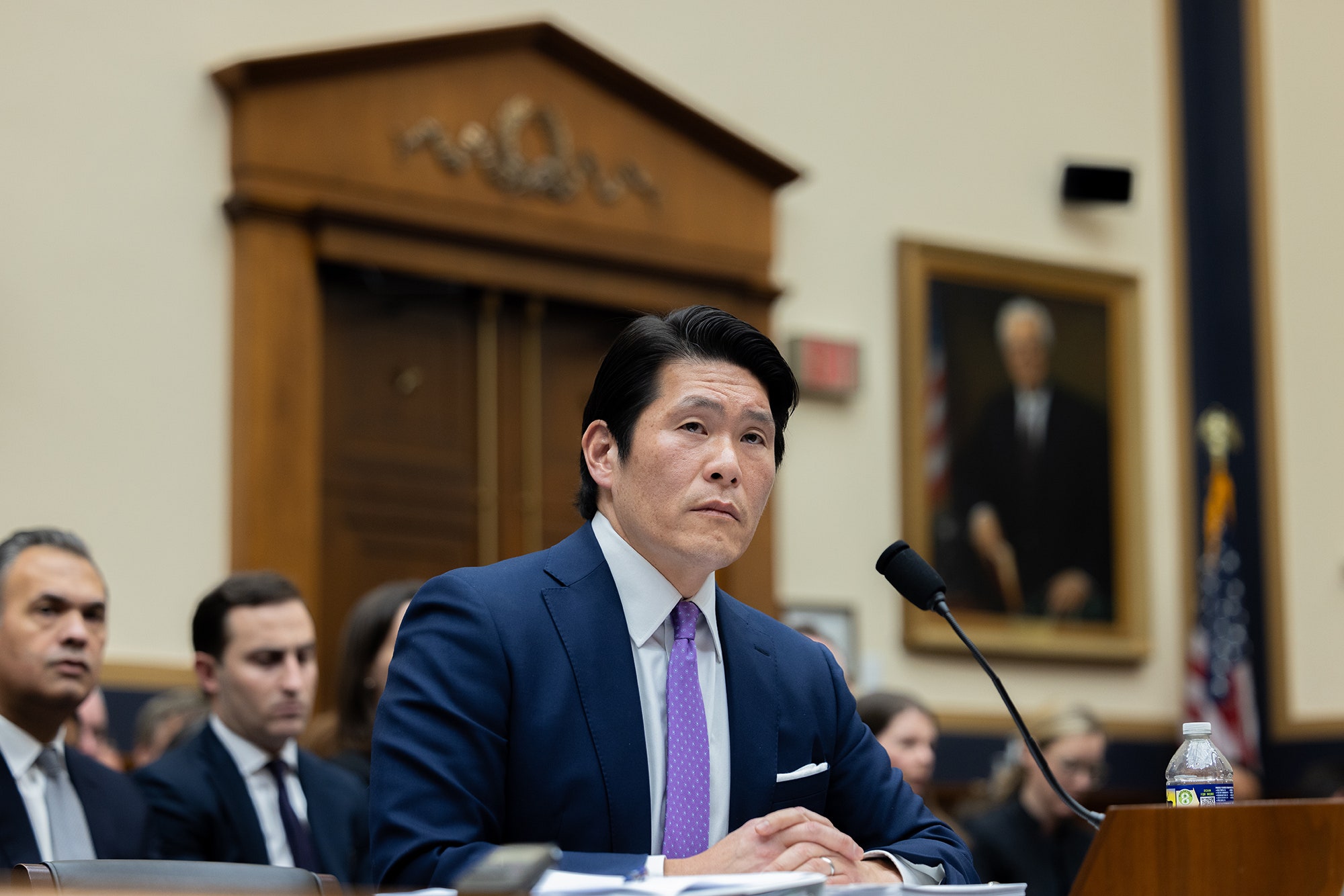The recent congressional testimony of former special counsel Robert Hur offered a glimpse into the narratives both political parties are likely to employ as the general election approaches.
With Joe Biden’s age perceived as a vulnerability, Republicans seized the opportunity during Hur’s appearance before the House Judiciary Committee to cast doubt on the president’s fitness for office. Republican Congressman Scott Fitzgerald of Wisconsin even resorted to reading out the dictionary definition of “senile,” insinuating that it applied to Biden and questioning Hur accordingly.
However, Hur clarified that his report did not draw such a conclusion, emphasizing that any mention of Biden’s memory lapses was aimed at illustrating potential challenges in proving intent rather than implying senility.
Joining the fray, Matt Gaetz, a staunch ally of former President Trump, echoed the sentiment, suggesting that Hur’s decision not to recommend the prosecution of Biden was based on a dubious theory of a “senile cooperator.” Hur refuted Gaetz’s interpretation, reiterating that lack of evidence of intent was the reason for not pursuing charges.

Robert Hur (Credits: Axios)
In response, Democrats sought to highlight Donald Trump’s own cognitive shortcomings, presenting instances where he struggled with memory and coherence.
Representative Jerry Nadler of New York pointed to Trump’s past gaffes, contrasting them with Hur’s findings on Biden’s memory lapses. Similarly, Representative Mary Gay Scanlon of Pennsylvania underscored Trump’s memory lapses regarding personal events.
Despite Hur’s insistence on the apolitical nature of his investigation, Democrats accused him of subtly injecting political language into his report.
Adam Schiff of California alleged that Hur included certain language, knowing it would serve political purposes, while Hank Johnson of Georgia went as far as to suggest that Hur’s actions were motivated by a desire to curry favor for a potential judicial appointment in a second Trump administration. Hur vehemently denied these accusations, asserting that his work was free from partisan influence.
Hur also faced criticism from Republicans who, while appreciative of his assessment of Biden’s cognitive abilities, condemned his decision not to prosecute the president. Representative Tom Tiffany of Wisconsin accused Hur of being part of an establishment protecting elites in Washington, D.C.
Hur’s testimony not only shed light on the ongoing political maneuvering but also underscored the deep partisan divisions surrounding issues of age, cognitive ability, and the handling of classified information. As the election season progresses, these themes are expected to remain at the forefront of political discourse.























